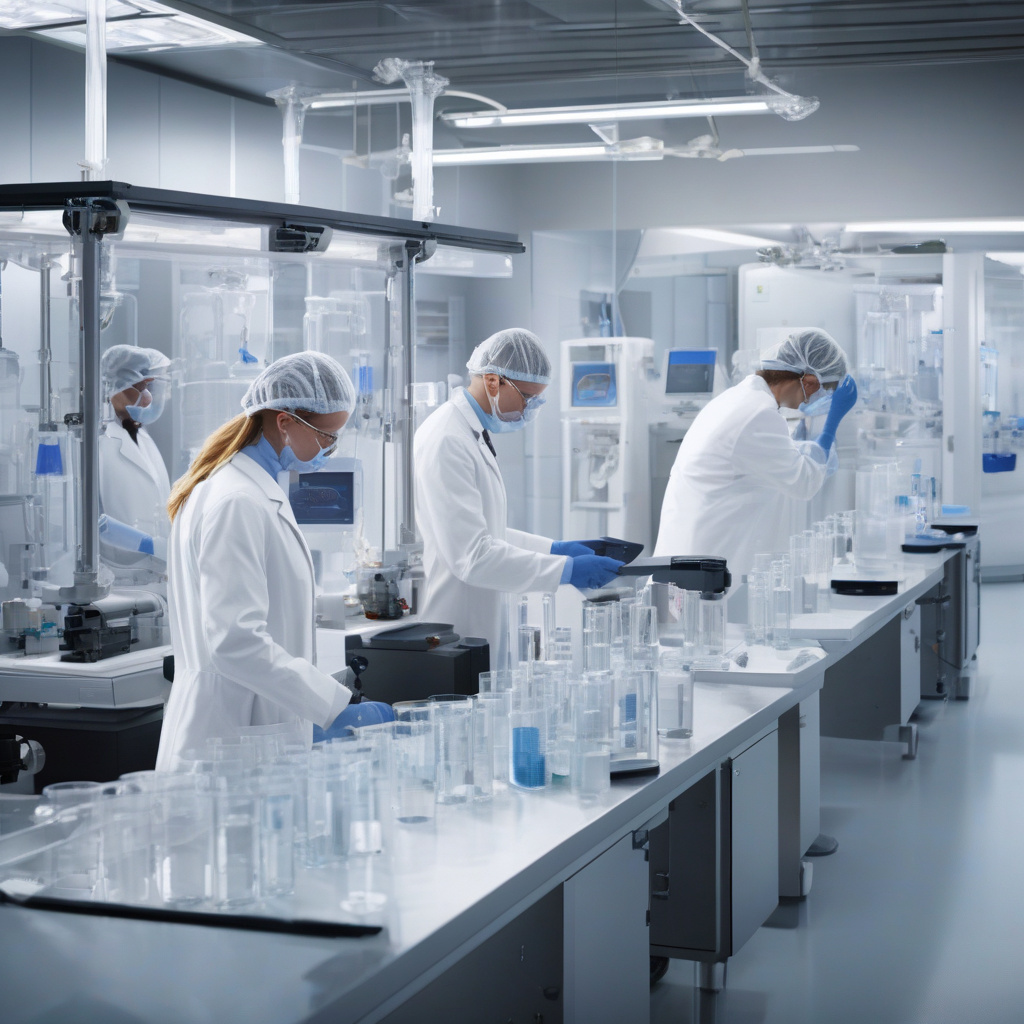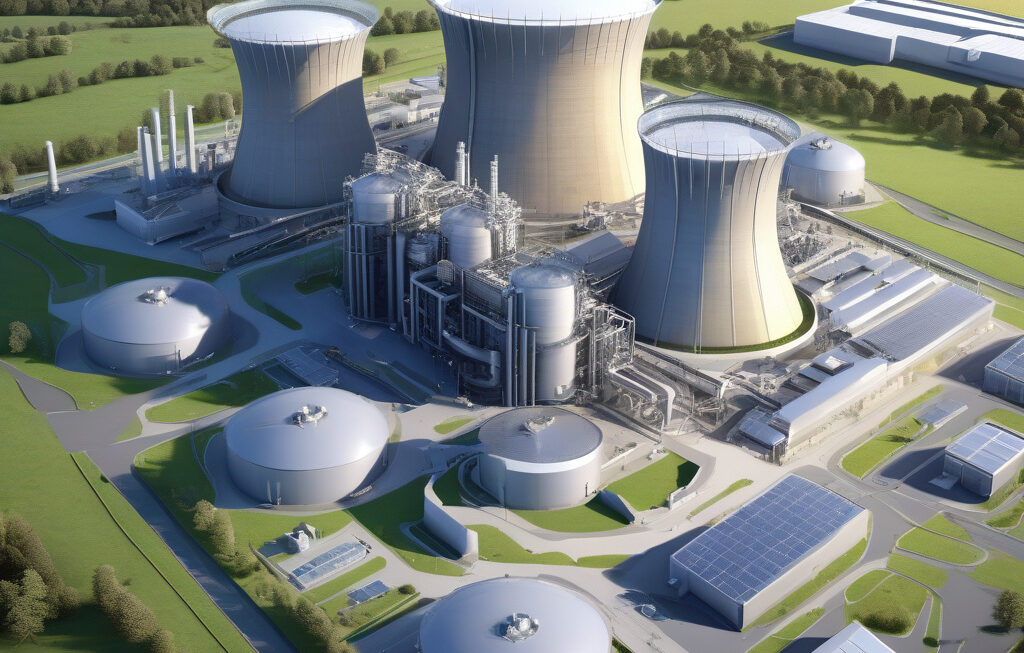Microsoft Uses Human Poop to Scrub 4.9 Million Tons of Carbon from AI Footprint
Of all things, it’s human poop helping scrub AI’s carbon footprint clean. In a bid to address the environmental impact of artificial intelligence, Microsoft has come up with a rather unconventional solution – turning to wastewater treatment plants. By utilizing the biogas produced during the treatment of human waste, Microsoft is able to power its data centers and reduce the carbon emissions associated with AI operations.
The process starts at the wastewater treatment plants, where organic matter is broken down by microorganisms in an oxygen-free environment, leading to the production of biogas. This biogas, primarily consisting of methane, is then captured and converted into renewable energy. Microsoft has been harnessing this renewable energy to power its data centers, effectively reducing its reliance on fossil fuels and cutting down its carbon footprint.
By incorporating this innovative approach, Microsoft has managed to offset a staggering 4.9 million tons of carbon from its AI operations. This significant reduction in carbon emissions not only demonstrates Microsoft’s commitment to sustainability but also sets a precedent for other tech giants to follow suit.
Moreover, this initiative showcases the potential of leveraging unconventional resources to drive environmental conservation efforts. By thinking outside the box and tapping into unexpected sources of renewable energy, companies can make substantial strides towards achieving their sustainability goals.
In addition to the environmental benefits, Microsoft’s utilization of biogas presents a compelling business case. By reducing its carbon footprint through innovative means, Microsoft is not only enhancing its corporate social responsibility but also future-proofing its operations against tightening environmental regulations. This proactive approach not only minimizes the company’s environmental impact but also fosters a positive brand image, appealing to environmentally conscious consumers.
Furthermore, Microsoft’s initiative underscores the importance of collaboration between different sectors to tackle complex environmental challenges. By partnering with wastewater treatment plants and leveraging their resources, Microsoft has been able to implement a sustainable solution that benefits both the environment and the company’s bottom line.
As the world grapples with the pressing issue of climate change, bold and unconventional initiatives like Microsoft’s use of human poop to offset carbon emissions from AI operations are crucial. By pushing the boundaries of innovation and sustainability, companies can pave the way for a greener and more sustainable future.
In conclusion, Microsoft’s innovative approach to reducing its AI carbon footprint by utilizing biogas from human waste exemplifies the power of creativity and collaboration in addressing environmental challenges. By harnessing unconventional resources and thinking sustainably, companies can make a significant impact on reducing carbon emissions and advancing towards a more sustainable future.
#Microsoft, #AI, #CarbonFootprint, #Sustainability, #RenewableEnergy












